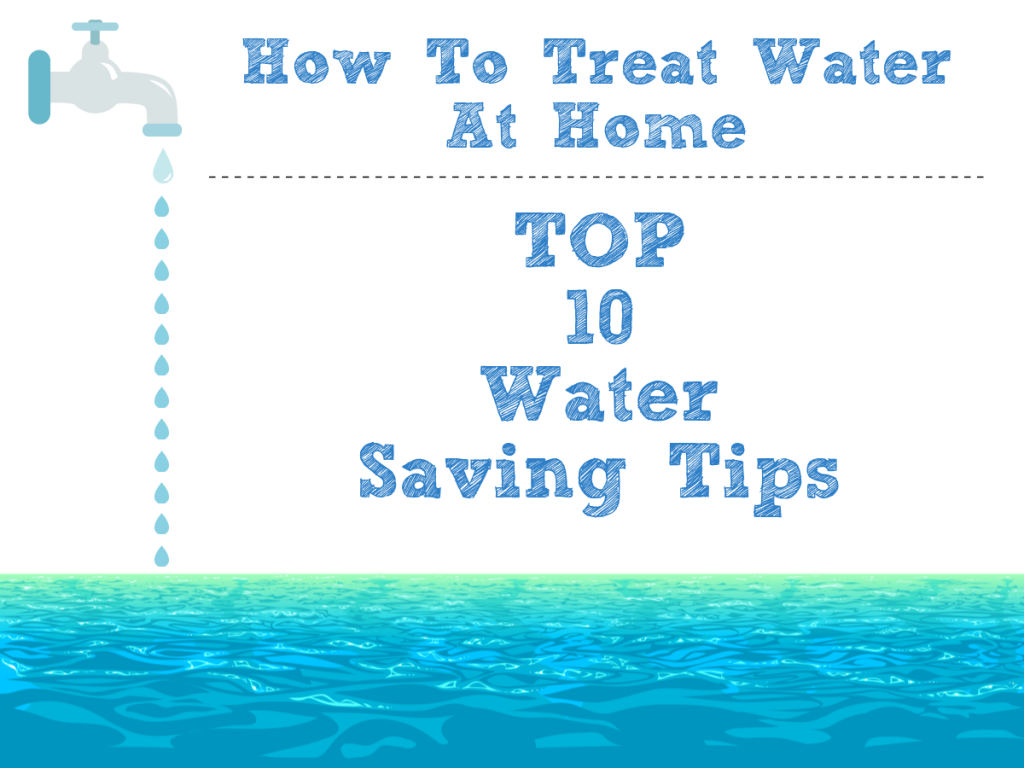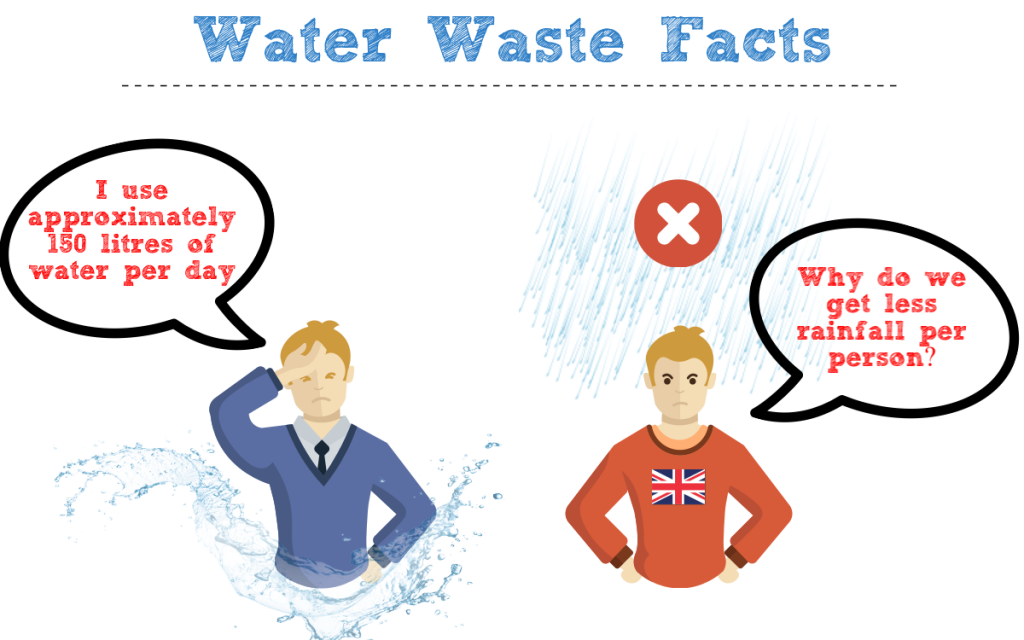Water As a Natural Resource

Being one of the busiest rubbish removal companies in London, Rubbish Please sees how many people are wasting the natural resources without even thinking.
It’s true that there’s a finite amount of water no matter what we do. The amount of water on Earth will always remain the same. We can’t run out of it because water continuously works its way through the water cycle. It’s a renewable resource.
But that doesn’t mean we have to waste it! Even though water doesn’t appear in short supply in the UK, using less water actually means we can:
- Reduce energy use. Cleaning waste water is an energy-intensive process; so is heating the hot water that comes out of your taps.
- Save money. If you’re on a water meter, these tips above could save you a bob or two.
Why We Should Save Water?
We say this every year, and eventually will say it again next year, but now, it is more important than ever to be more careful with how we use water. Factors like the constantly increasing population, changing lifestyles and unpredictable weather patterns have led to every increasing pressure on our water supply. Taking actions now will ensure that there is enough water for us, for business and most importantly for the environment.
Water Waste Facts

To learn more about the actual problem we will take a look on some facts in order to achieve better understanding of the situation:
- You may feel surprised that the UK has less rainfall per person than its northern European neighbours. And even more surprisingly London is drier than Istanbul.
- Every person in the UK uses approximately 150 litres of water per day, a number that has been growing since 1930 by 1% every year. When you take into consideration the water needed to produce the products and food you consume during your day, the number grows to 3400 litres per day.
- The UK has less available water per person compared to the most European countries. It is even worse if you live in South East of England, as this is the most water stressed part of the country.
- Washing your clothes in the washing machine or heat up the water to take a shower not only increases your energy bills, but also results in the release of greenhouse gases, linked to climate change. Heating water is responsible for almost 25% of your household’s energy bills.
Water Saving Tips
Nearly one third of the water you use every day is flushed down the toilet. One fifth is used for personal washing like baths or taps, 12% is used for showers and so on. It is quite concerning that only 4% of the perfectly drinkable water you use every day is used for drinking. The good thing is that following the next tips can decrease the water waste dramatically.
How To Treat Water At Home

- Turn off the tap when brushing your teeth. A running tap wastes more than 6 litres per minute. If the entire population of England and Wales did this, we could save enough water to supply 500 000 homes.
- Take Quick showers. A bath usually uses nearly 80 litres, while a quick shower can use one third of that amount. There are some power showers that may use more than this. Try taking shorter showers to reduce the amount of water you use.
- Fill up dishwashers and washing machines. You will be able to save money on energy and water if you wait for a full load of your washing machine or dishwasher. Understand better your machine’s cycle options, some settings can provide the same cleaning power as a normal cycle, but consuming less water and energy.
- Use bowl to wash vegetables. By washing your vegetables and fruits in a bowl, not under running tap, you can cut down your water waste effortlessly
- Dump only rubbish into your rubbish bins. Try to avoid flushing away cotton balls or do it only in extreme situations. Throwing cotton balls, pesky spiders or make-up tissues in the bin will cut down on the amount of water that is wasted by every flush.
- Use water cans rather than a hosepipe. A hosepipe uses 1,000 litres of water an hour. Mulching your plants and watering in the early morning and late afternoon will reduce evaporation and also save water.
- Keep a jug with water in your fridge. This way you don’t have to leave the cold tap running for the water to run cold before you fill your glass.
- Install a water meter. When you’re paying your utility provider for exactly how much water you use, laid out in an itemised bill, there’s an incentive to waste less of the stuff.
- Invest in water-efficient goods. When renovating your house, or when need to replace household products, buy water-efficient showerheads, taps, toilets, washing machines, dishwashers and many other water-saving products.
- Have a “Leaks Check Schedule”. Don’t pay for water that you’re not using! One way to find leaks is to read your water meter before and after a two-hour period when no water is being used. If the meter does not read exactly the same, you probably have a leak.
All it takes is some small change in our behaviour in order to achieve great results. When choosing more water efficient products, you can save water without spending your money or comfort. Water efficiency is all about reducing the amount of water that we waste on a daily basis, not restricting the amount we use.





